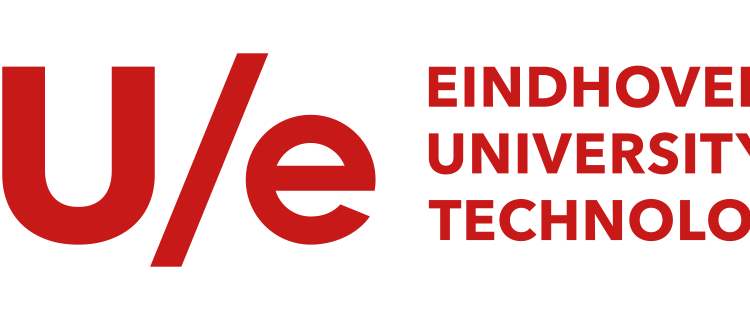Eindhoven University of Technology: Four NWO grants for innovative research TU/e
Clean sailing on ammonia, less transmission of viruses through the air, circular electronics, and recycling of scrap metal. These are the challenges for which researchers from TU/e together with scientists from other universities and companies will be developing technological innovations in the coming years. The research has been made possible by financial support from the NWO Perspectief program. The grants, which were announced during NWO’s innovation festival TEKNOWLOGY in Maarssen, rang from 1.5 to 4 million euros.
Cleaner shipping with ammonia
As part of our efforts to combat climate change, we rapidly need alternatives to fossil fuels such as diesel and natural gas to reduce the emission of carbon dioxide, among other things. For heavy transport such as ocean-going vessels and large trucks, which currently mainly use diesel and fuel oil, ammonia is an interesting fuel. The gas, which is known for its characteristic smell, has a relatively high energy density. That means that you can store a lot of energy in a far smaller volume than in the case of green hydrogen. The AmmoniaDrive program therefore focuses on how to use ammonia in an energy-efficient, clean, affordable and above all safe way to make today’s heavy transport more sustainable.
The TU Delft-led project includes, next to TU/e-researcher Bart Somers, the University of Groningen, TNO, the University of Twente, the University of Amsterdam, Wageningen Marine Research and Wageningen University & Research, among others.
Preventing airborne transmissions of viruses
Since the global impact of COVID-19, we are acutely aware of the risk of diseases dispersed through the air. Virologists, epidemiologists, fluid mechanics and engineers will join forces in the MIST (MItigation STrategies for Airborne Infection Control) programme to better understand and prevent airborne viral transmission. Under various conditions, the researchers will study the infectiousness of viruses, the spread of fluid droplets in the air, and the influence of ventilation and the purification of air on the transfer of viruses. They will subsequently translate this knowledge into practical recommendations about which measures can be deployed in the most efficient, cost-effective and sustainable manner in various environments ranging from people at home to hospitals, schools and trains.
In addition to TU/e researcher Twan van Hooff and Bert Blocken, MARIN, Netherlands Aerospace Center, Radboudumc, TNO, TU Delft, University Medical Center Groningen and University of Amsterdam are collaborating on the project led by the University of Twente.
Towards circular electronics
Our digitalising society increasingly depends on heavier electronic equipment. We need to radically change the design, production and use of electronics. Otherwise, the amount of electronic waste will increase fourfold in the next two decades, and the required raw materials will be exhausted rapidly. This Perspectief programme (Circular Circuits: design of next-generation electronics for a circular economy) will use a systematic approach to develop a completely circular generation of electronics. The researchers will work on solutions for extending the lifespan, reuse, repair and recycling of electronics. For this, they will examine technological design aspects as equally new business models and advanced recycling technology. The project focus on applications in telecommunication, consumer electronics, lighting and power electronics.
In addition to the TU/e, Erasmus University Rotterdam, Radboud University, Rotterdam University of Applied Sciences, Saxion, TNO and TU Delft are participating in the project led by Leiden University.
More scrap metal to produce steel
CO2 emissions from steel production and a drastic reduction in the required quantity of iron ore could be realised by reusing more scrap metal in the production process. However, that is difficult because the composition of scrap metal is not always consistent. This leads to variations in the mechanical properties of the steel produced and hence to problems in the manufacture of steel products. The DEPMAT (Data Enhanced Physical models to reduce Materials use) project will develop new material models that predict how the composition of the raw materials and the settings of the production process will influence the final properties of the steel produced. That will make it possible to use more scrap metal and simultaneously guarantee a constant steel quality.
The University of Twente-led project involves, next to TU/e researchers Marc Geers, Ron Peerlings and Johan Hoefnagels, the TU Delft as well.

